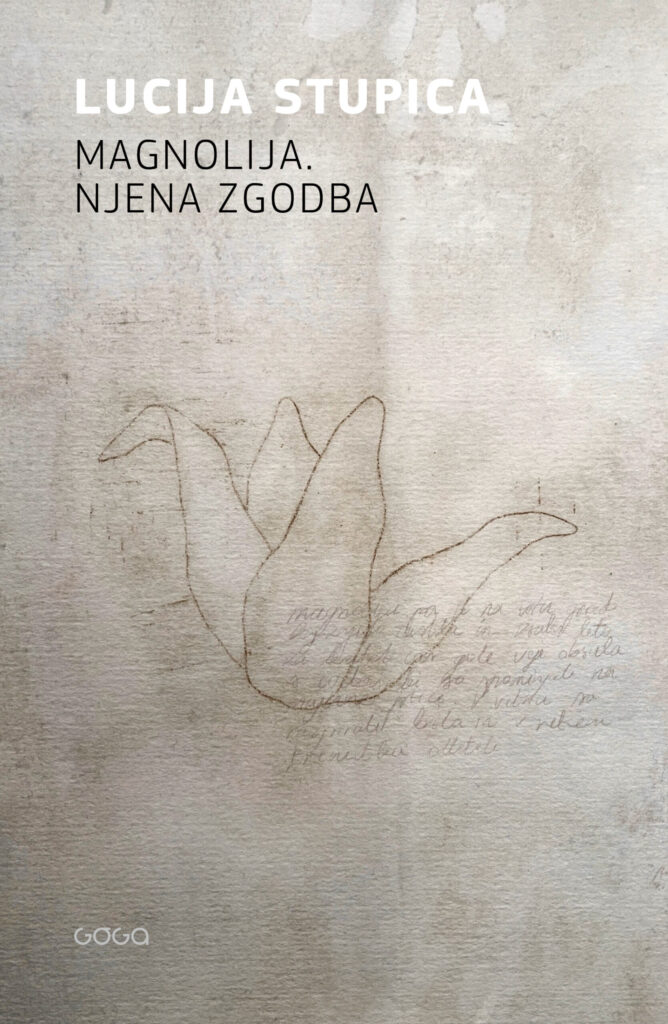was born in Lund, Sweden, but grew up in Copenhagen and, from 1970, in Malmö. He has written eleven novels, all published by Bonniers. His first novel I Can Stop a Sea was published in 1986. He often writes about marginalized people: alcoholics, the homeless, the ‘crazy’, the lonely, the elderly, but in a rather humorous, unconventional way. His works have been translated into Russian, Polish, Greek, and Hebrew. His novel The Wanderers published by Kedros was shortlisted for The Athens Prize for Literature in 2010. In one of the Frankfurt Book Fair catalogues, his style of writing and humor was compared with that of Hrabal and the films of Jiří Menzel; he has been called the Sweden’s only East European writer. He has been Editor-in-Chief of the Bonniers Literary Magazine (1997–99), chairman for the Writers-in-Prison Committee of the Swedish PEN (1990–92) and board member of the Swedish PEN (1988–93). He has also worked as a bridge keeper and with children with special needs. In the past decade, he has worked as a volunteer with women whose backgrounds include homelessness, prostitution, drugs, various kinds of abuse. He is a prominent translator from Greek, Polish, French, Arabic, and Danish, among other languages. He has translated many books by the Polish writer and Nobel Prize laureate Olga Tokarczuk, and the poetry of the Greek poet Kiki Dimoula.












